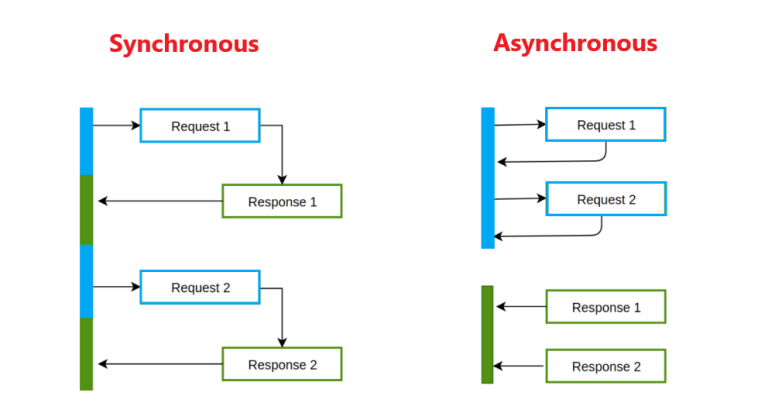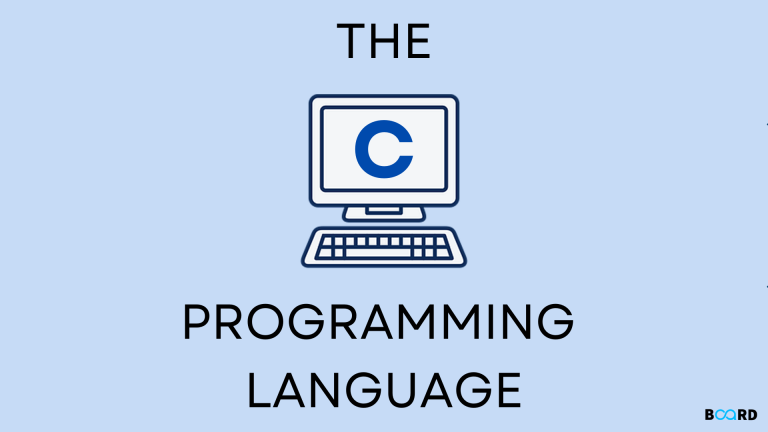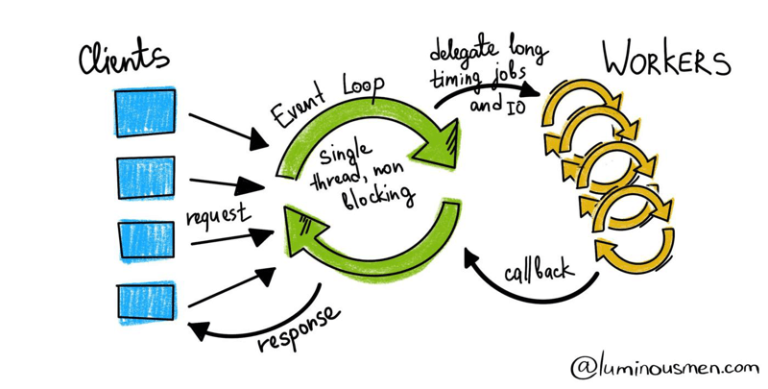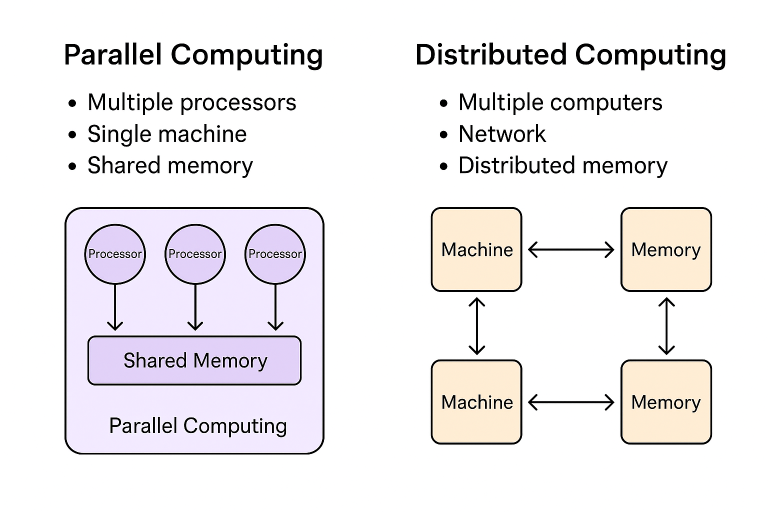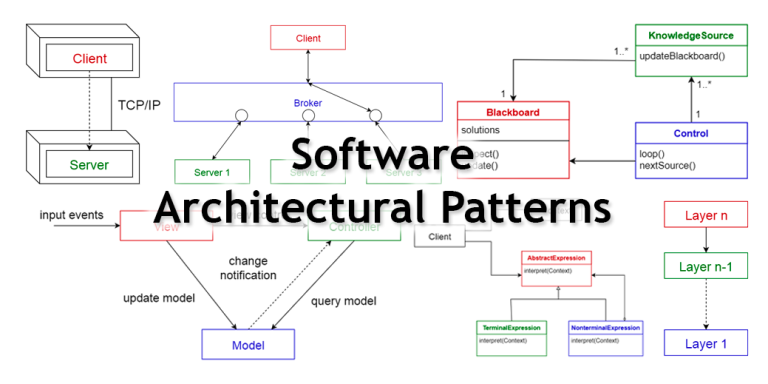Introduction
Golang, also known as Go, has gained popularity for its simplicity, efficiency, and concurrency support. However, developers can still make common mistakes that affect the performance, security, and maintainability of their code. In this article, we will explore the top 10 mistakes Golang developers should be aware of, accompanied by sample code and solutions to address these issues.
- Ignoring Error Handling:
Golang places a strong emphasis on explicit error handling. Neglecting to handle errors can lead to unpredictable behavior. Below is an example of improper error handling:
// Incorrect: Ignoring errors
data, err := ioutil.ReadFile("file.txt")Corrected Version:
// Correct: Proper error handling
data, err := ioutil.ReadFile("file.txt")
if err != nil {
log.Fatal(err)
}- Using Incorrect Concurrency Patterns:
Golang offers powerful concurrency features, but using them improperly can lead to race conditions and other issues. The following code exhibits a common mistake:
// Incorrect: Shared variable without synchronization
var counter int
func increment() {
counter++
}Corrected Version:
// Correct: Using sync package for synchronization
var counter int
var mu sync.Mutex
func increment() {
mu.Lock()
defer mu.Unlock()
counter++
}- Inefficient String Concatenation:
Golang strings are immutable, and inefficient concatenation can lead to performance problems. The following code illustrates this mistake:
// Incorrect: Inefficient string concatenation
result := ""
for _, s := range strings {
result += s
}Corrected Version:
// Correct: Using strings.Builder for efficient concatenation
var result strings.Builder
for _, s := range strings {
result.WriteString(s)
}- Not Closing Resources Properly:
Failing to close resources like files can lead to resource leaks. The following code neglects proper resource closure:
// Incorrect: Not closing the file
file, err := os.Open("file.txt")Corrected Version:
// Correct: Closing the file properly
file, err := os.Open("file.txt")
if err != nil {
log.Fatal(err)
}
defer file.Close()- Using Global Variables Excessively:
Overusing global variables can lead to code that is hard to reason about and maintain. The following code snippet demonstrates this mistake:
// Incorrect: Excessive use of global variables
var globalData string
func process() {
// Manipulating globalData
}Corrected Version:
// Correct: Minimizing global variables
func process(globalData string) {
// Manipulating local variable
}- Not Using Pointers Efficiently:
Golang supports pointers, but using them incorrectly can lead to subtle bugs. The following code demonstrates a common mistake with pointers:
// Incorrect: Incorrect use of pointers
func modifyValue(value int) {
value = 42
}Corrected Version:
// Correct: Using pointers to modify values
func modifyValue(value *int) {
*value = 42
}- Ignoring Context for Goroutines:
Goroutines are a powerful feature in Golang for concurrent programming. Failing to use the context package can lead to unmanaged and potentially problematic goroutines. Here’s an example:
// Incorrect: Goroutine without context
go func() {
// Some asynchronous task
}()Corrected Version:
// Correct: Using context for goroutines
ctx, cancel := context.WithCancel(context.Background())
defer cancel()
go func(ctx context.Context) {
// Some asynchronous task
}(ctx)- Hardcoding Credentials:
Hardcoding sensitive information, such as API keys or database credentials, poses a security risk. The following example shows this mistake:
// Incorrect: Hardcoding sensitive information const apiKey = "your_api_key"
Corrected Version:
// Correct: Using environment variables or configuration files
apiKey := os.Getenv("API_KEY")
if apiKey == "" {
log.Fatal("API_KEY not set")
}- Not Implementing Interfaces Properly:
Golang relies on interfaces for polymorphism, and improper implementation can lead to runtime errors. The following code illustrates this mistake:
// Incorrect: Incomplete interface implementation
type Writer interface {
Write([]byte) (int, error)
}
type CustomWriter struct {
// ...
}
func (cw CustomWriter) Write(data []byte) int {
// Incorrect method signature
}Corrected Version:
// Correct: Proper interface implementation
type Writer interface {
Write([]byte) (int, error)
}
type CustomWriter struct {
// ...
}
func (cw CustomWriter) Write(data []byte) (int, error) {
// Correct method signature
// Implementation logic here
}- Neglecting Testing:
Writing tests is crucial for ensuring code correctness and stability. Neglecting testing can result in undiscovered bugs. Here’s an example:// Incorrect: Lack of test coverage func add(a, b int) int { return a + b }Corrected Version:// Correct: Writing tests for the function func TestAdd(t *testing.T) { result := add(2, 3) if result != 5 { t.Errorf("Expected 5, got %d", result) } }
Conclusion
Avoiding these common mistakes in Golang development will lead to more robust, efficient, and maintainable code. Golang developers should embrace best practices, stay informed about language updates, and prioritize writing clean and secure code to create successful applications.








